
Technology in the dental field is ever-changing, so we make sure to stay on the cutting edge by integrating state-of-the-art equipment into our practice. This allows us to diagnose with more accuracy and treat patients with less pain and in fewer visits. It also equals less time in the dental chair and a more comfortable experience from start to finish. We use only the best materials and methods to ensure stunning and reliable results time after time.
At Mesa Dental Implants & Dentures, we’re dedicated to making sure that our patients have a convenient, positive, and stress-free experience. From our warm, welcoming lobby to our modern treatment rooms, you can rest assured that our team will take great care of you!
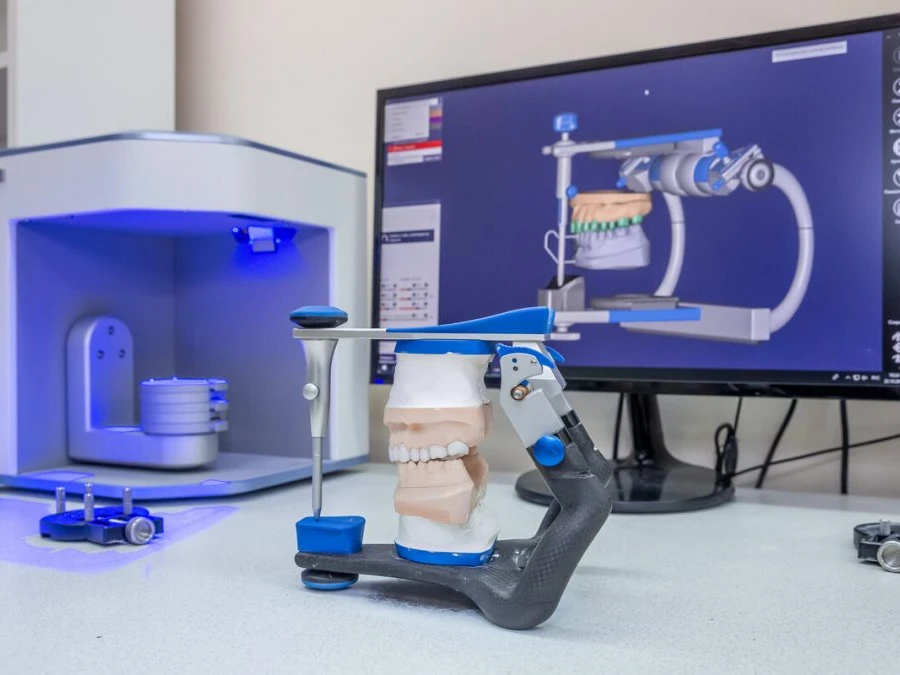
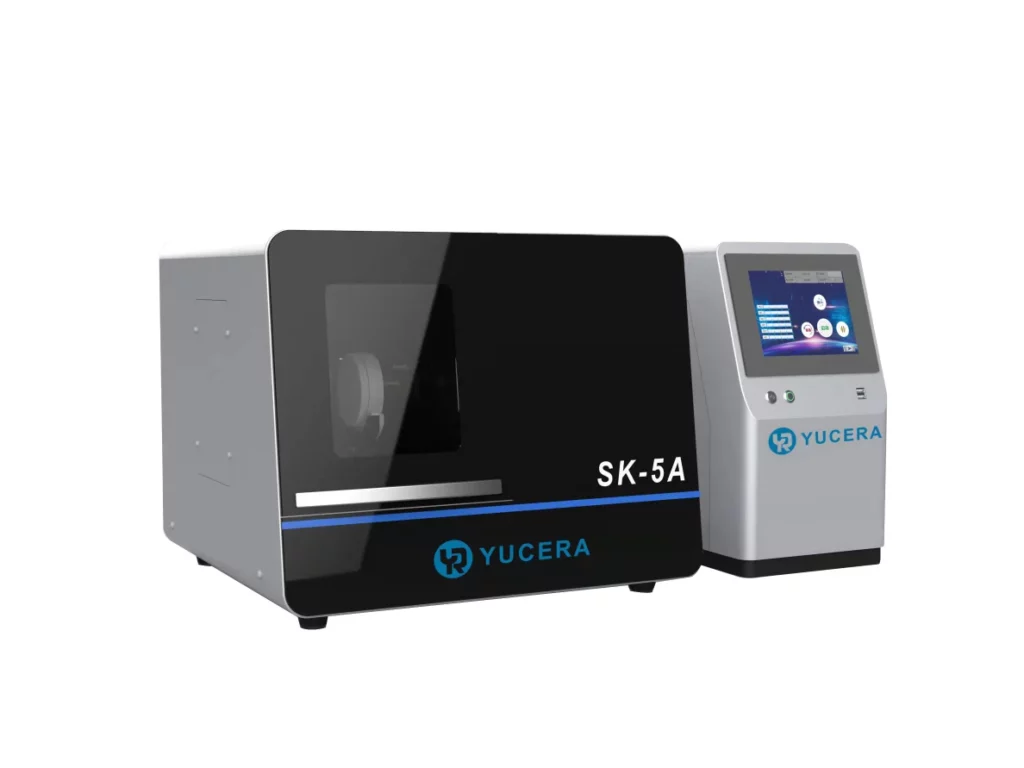
The addition of the A and B axes allows the milling machine to tilt and rotate the dental restoration, enabling it to access complex angles and contours. This flexibility is particularly beneficial when milling restorations such as crowns, bridges, implant abutments, and dental prosthetics that require intricate shapes and precise milling.
By having a 5-axis mill in house, we can produce highly accurate and aesthetically pleasing dental restorations with improved efficiency. The advanced technology of a 5-axis mill helps achieve superior fit, optimal occlusion, and enhanced esthetics, resulting in high-quality dental restorations for patients.
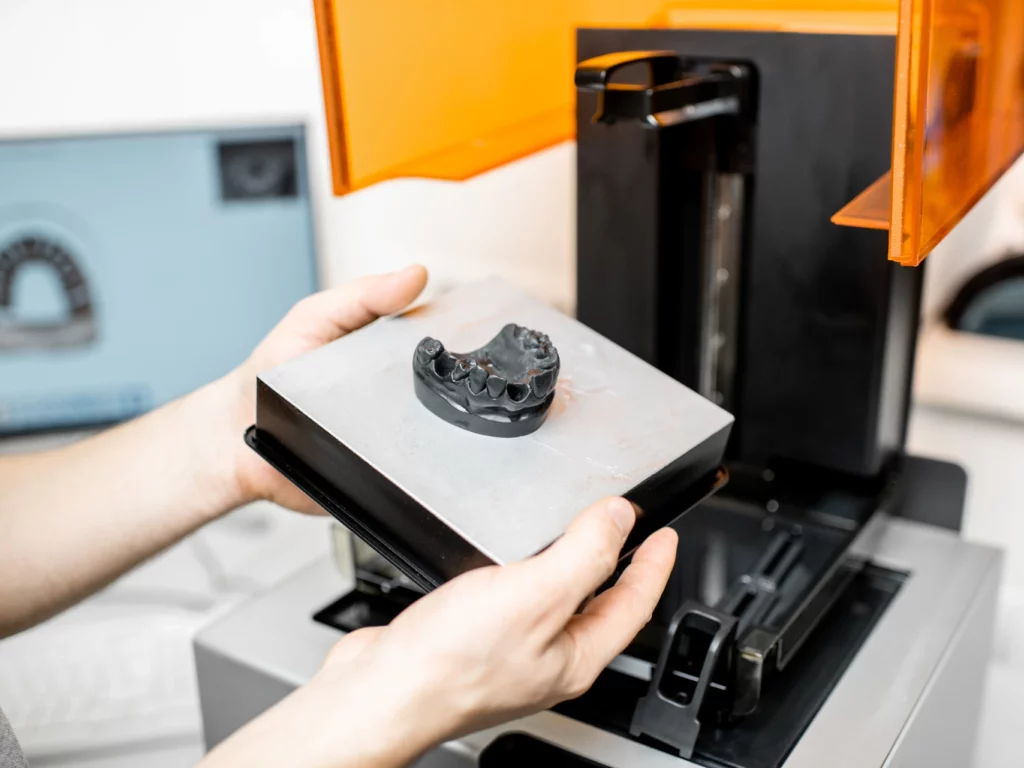
With its advanced technology, this printer produces high-quality 3D models that allow for a more efficient and streamlined workflow, reducing the time required for traditional manufacturing methods. This not only saves valuable time but also allows for a more cost-effective process that ultimately benefits the patient.
The Einstein 3D printer also enables us to create custom-made prostheses tailored to the specific needs of individual patients. This is particularly important for patients who require complex or challenging dental restorations that cannot be achieved through traditional methods in less than 24 hours post surgery.
Furthermore, the printer’s ability to print in biocompatible materials such as ceramics, resins, and metals, ensures that the final products are safe and reliable, with minimal risk of adverse reactions or complications.
Overall, the Desktop Health Einstein 3D printer provides our office with cutting-edge technology that enhances patient care and satisfaction, increases efficiency and accuracy, and ultimately improves the quality of dental prostheses.
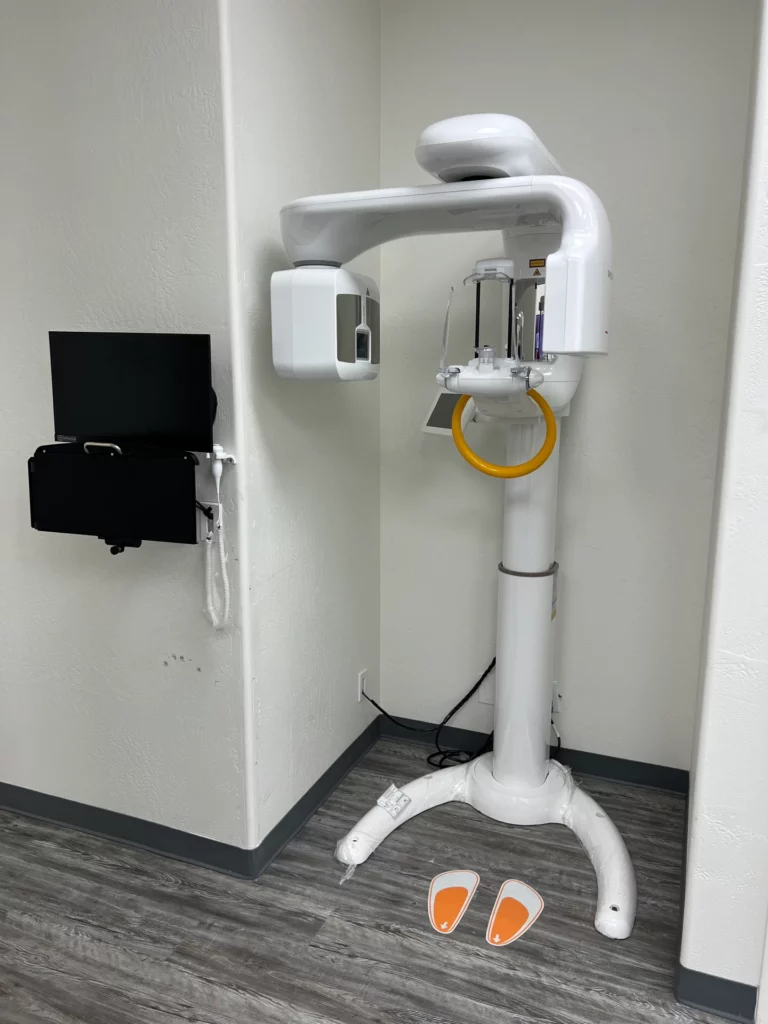
When a dentist plans to place a dental implant, they need to make sure that it will fit properly in your mouth and be positioned correctly. This is where the CBCT image is important because it allows the dentist to see a detailed picture of your mouth, including the bone, nerves, and other structures. By using this image, the dentist can plan the exact location and size of the implant and ensure that it will fit properly and be safe for you.
In short, the CBCT image is important for dental implant planning because it allows the dentist to see a detailed 3D image of your mouth and teeth, which helps them to plan the placement of the implant and ensure that it will fit properly and be safe for you.
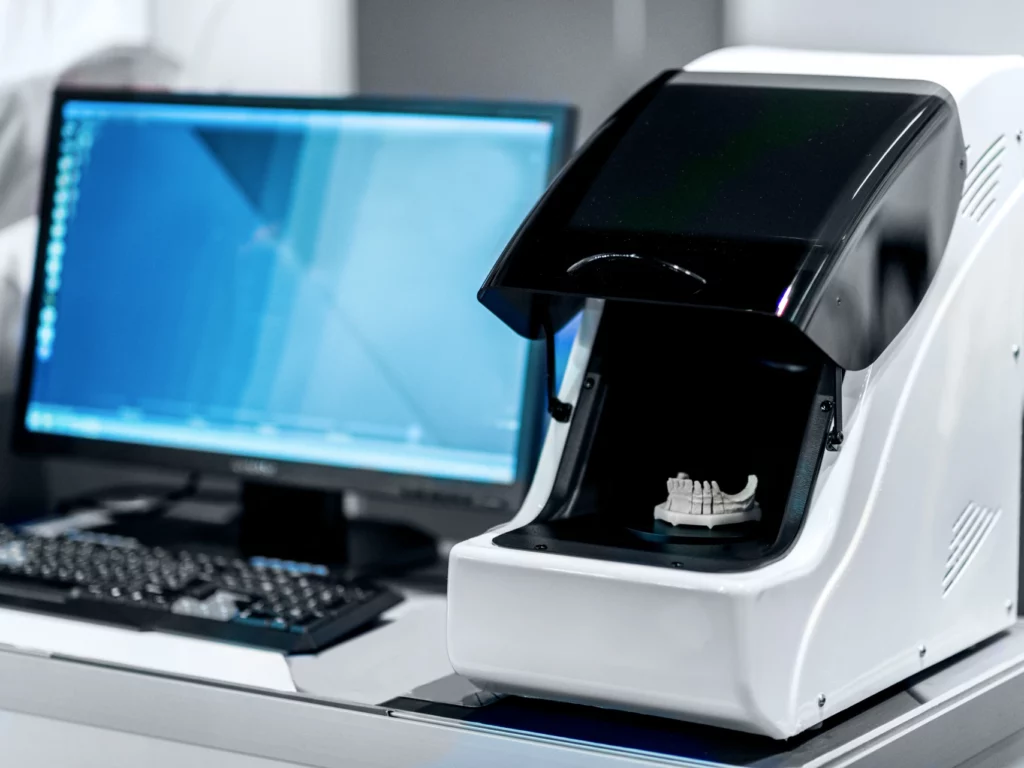
Computer-aided manufacturing (CAM) sends the geometrical design data to an automated milling machine. This digital manufacturing process offers many enhancements for you, including:
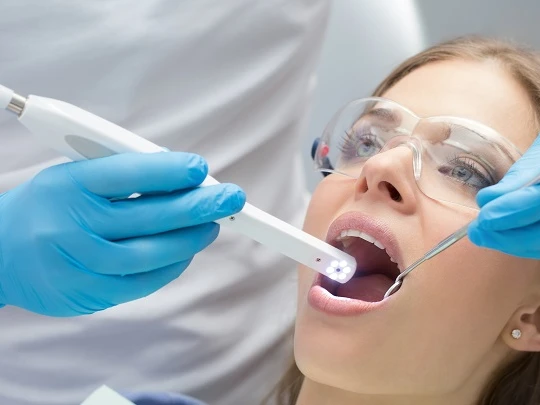
Putting specific problem areas onto a computer screen lets us see with clarity and detail that’s not possible with a traditional mouth mirror. Hand-held wands quickly capture the details of your teeth and gums. In fact, even small cracks that often lead to broken teeth appear vividly with the click of a button. We can explain the need for treatment more clearly by showing you what we see in great detail.
As an added benefit, dental insurance benefits often pay more quickly with the visual proof of a digital image.
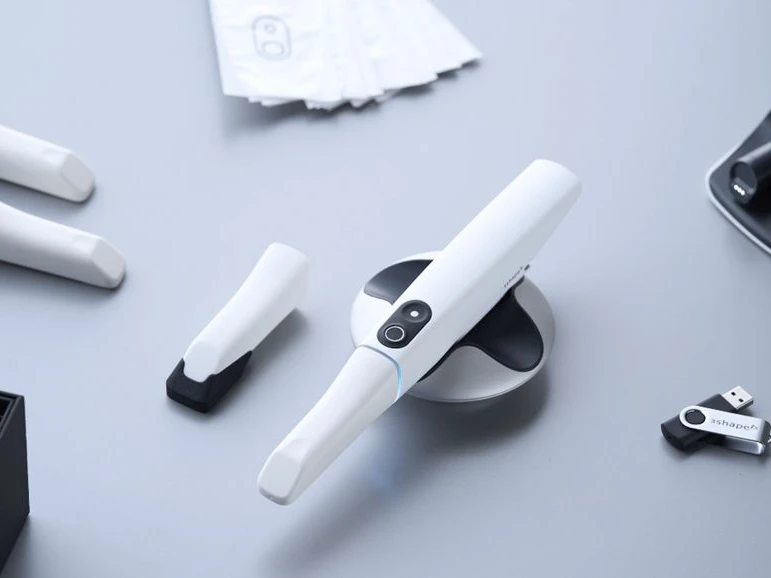
Overall, the use of intra-oral scanners can improve the efficiency, accuracy, and comfort of dental treatments while enhancing the patient experience and outcomes.
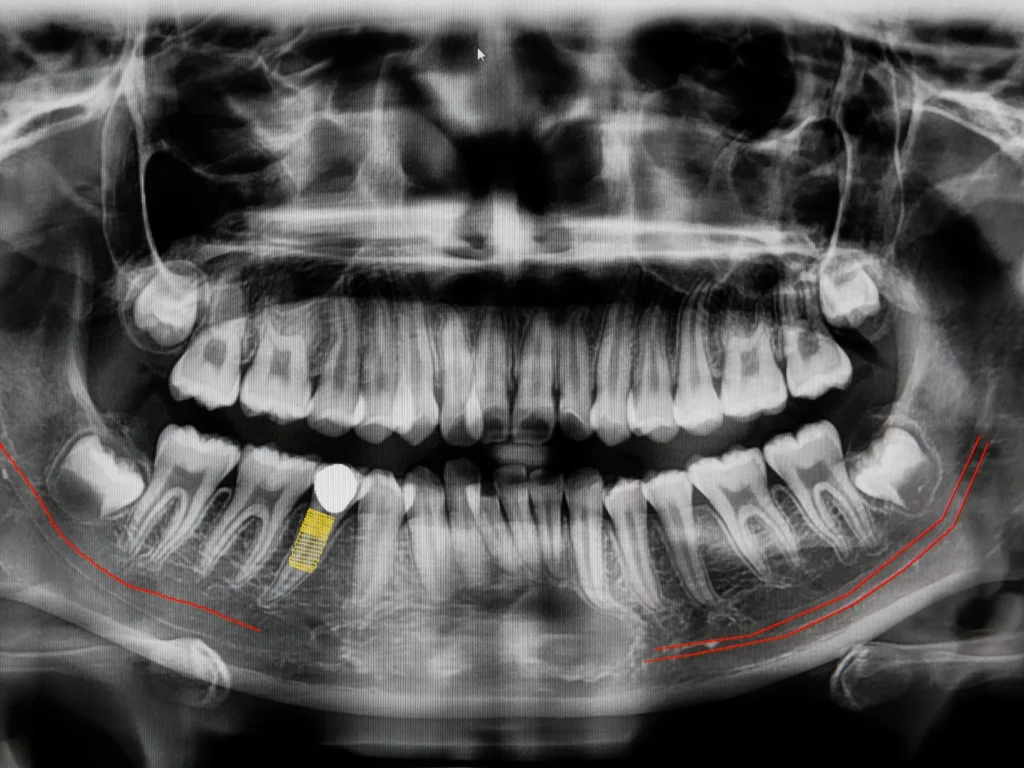
Safety | Our digital x-ray system provides up to 90% reduction in radiation compared to older film-based systems.
Time Savings | Images captured instantly with a digital sensor lessen the time you spend in the dental chair.
Better Outcomes | Improved image clarity increases our ability to diagnose and treat conditions.
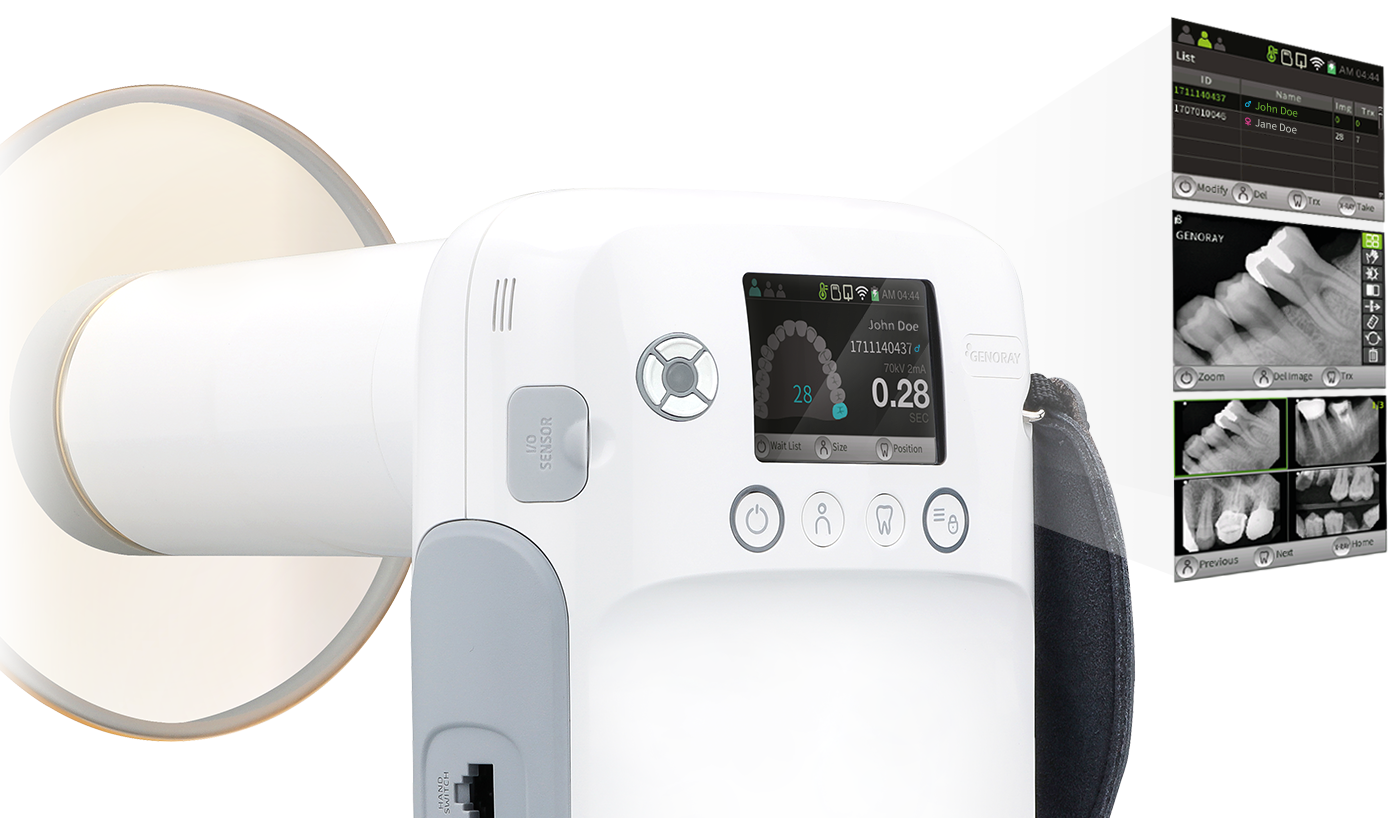
Convenience | Its portability allows for on-site imaging, reducing the need for patients to travel to a separate radiology department. This convenience saves time and enhances patient comfort.
Efficiency | The system’s user-friendly interface and intuitive controls facilitate efficient workflow, allowing dental professionals to capture high-quality X-ray images quickly.
Patient Safety | Genoray portable X-ray systems utilize low radiation doses, ensuring patient safety without compromising image quality.
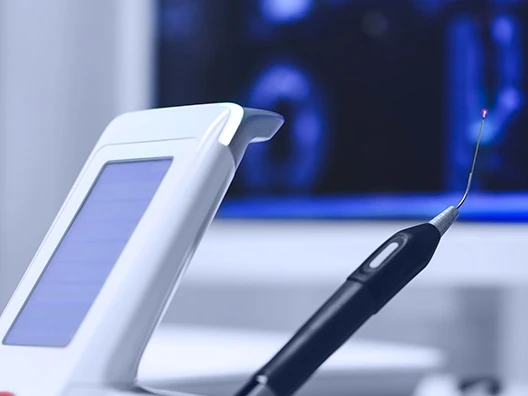
Similarly, gums can be quickly reshaped without bleeding, and some gum infections are now treated with rapid results. Even cold sores or mouth ulcers can undergo faster healing when laser energy passes over the surface. These lasers are safe for use with children and can help with growth and development issues or help wisdom teeth move into place.
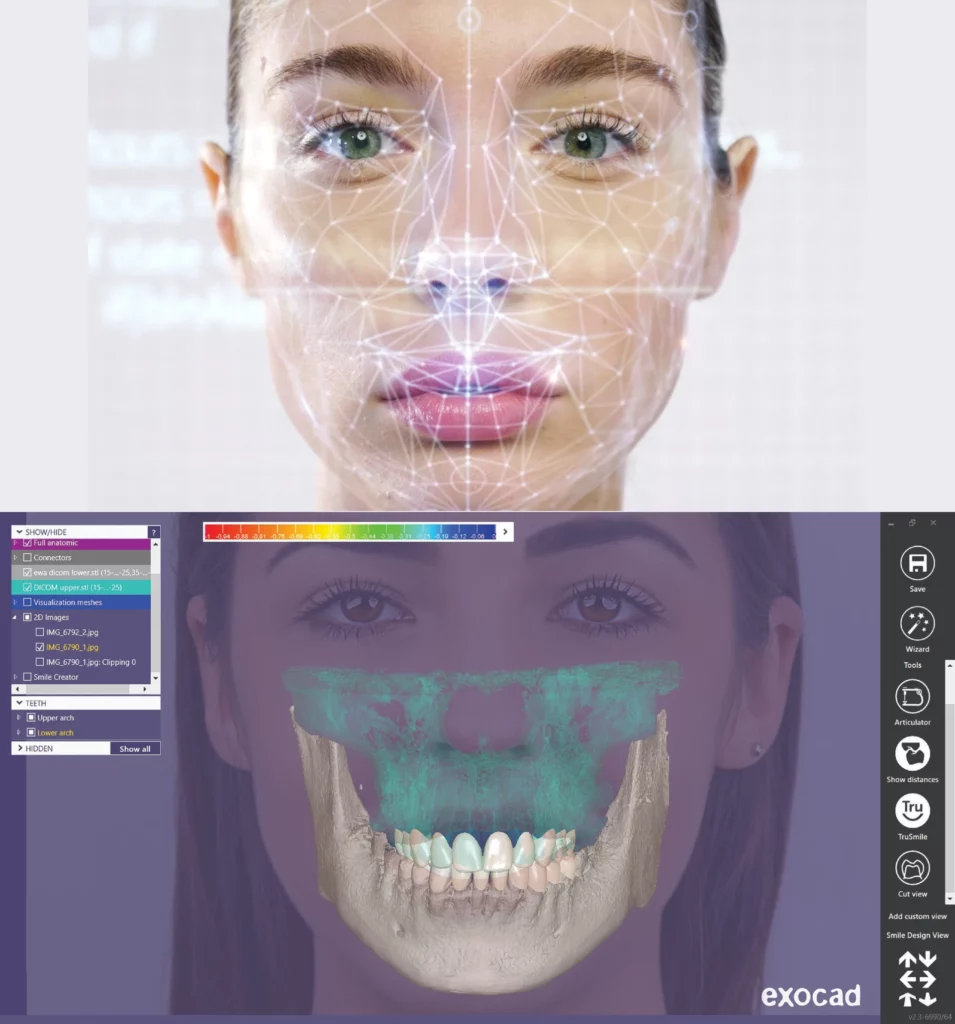
Here are some of the specific benefits of using a facial scanner for denture fabrication:
Overall, using a facial scanner for denture fabrication can lead to more accurate, aesthetically pleasing, and functional dentures that are more comfortable for the patient. This technology can also help to reduce the amount of time required for denture fabrication.
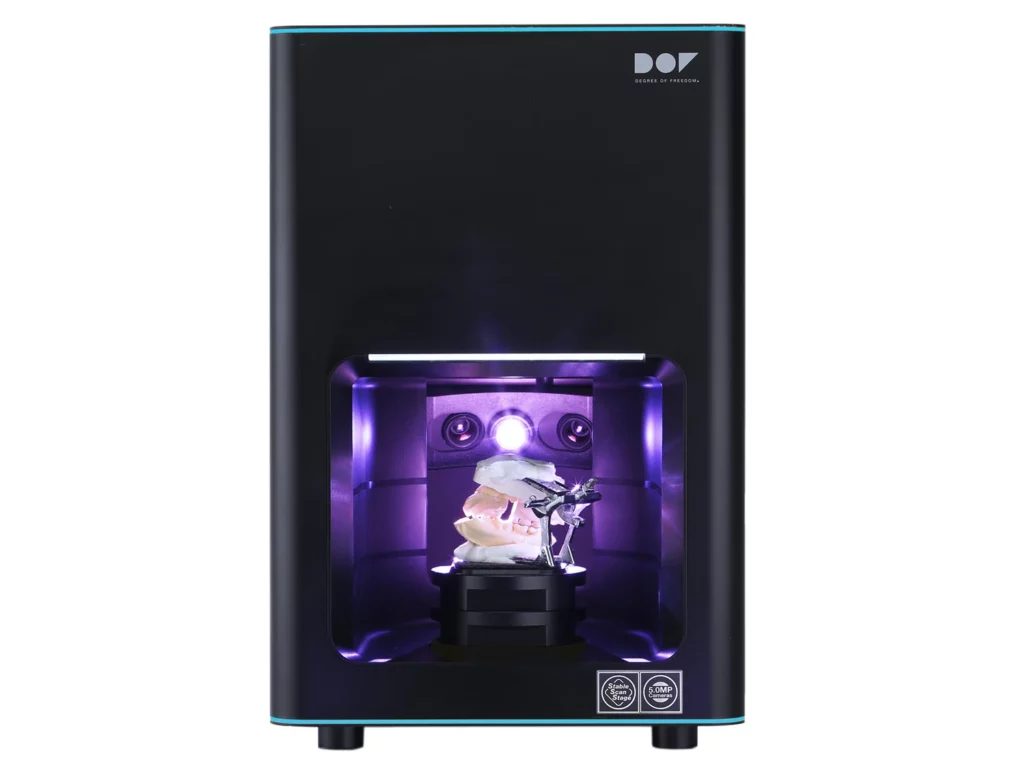
When accuracy is the most crucial factor to get right, the FREEDOM UHD desktop scanner is the ONLY option to use when taking precision records for the final restoration. At our office we do everything we can to eliminate human error so that our patients can get the best, most accurate product that fits right the first time.
Our patients are our biggest fans. Here are a few highlights from our public reviews.
Monday
8:00AM – 4:00PM
Tuesday
8:00AM – 4:00PM
Wednesday
8:00AM – 4:00PM
Thursday
8:00AM – 4:00PM
Friday
8:00AM – 4:00PM
Saturday
CLOSED
Sunday
CLOSED
We are happy to help you book an appointment or answer your questions. Please fill out our contact form and we will get back to you shortly!
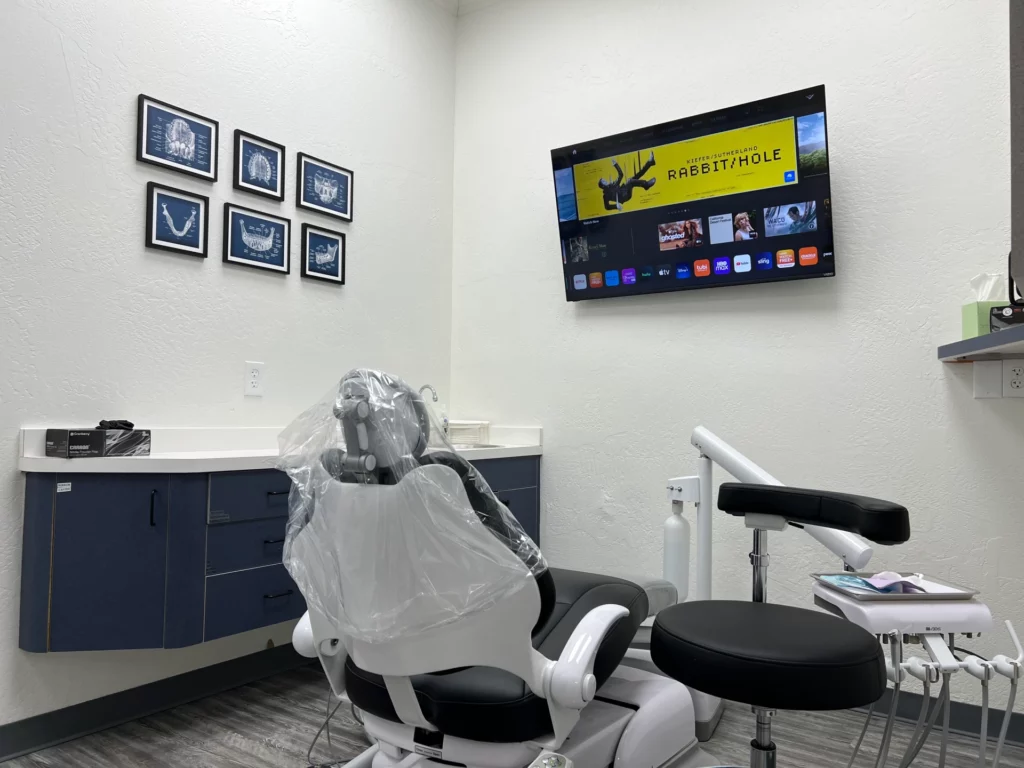

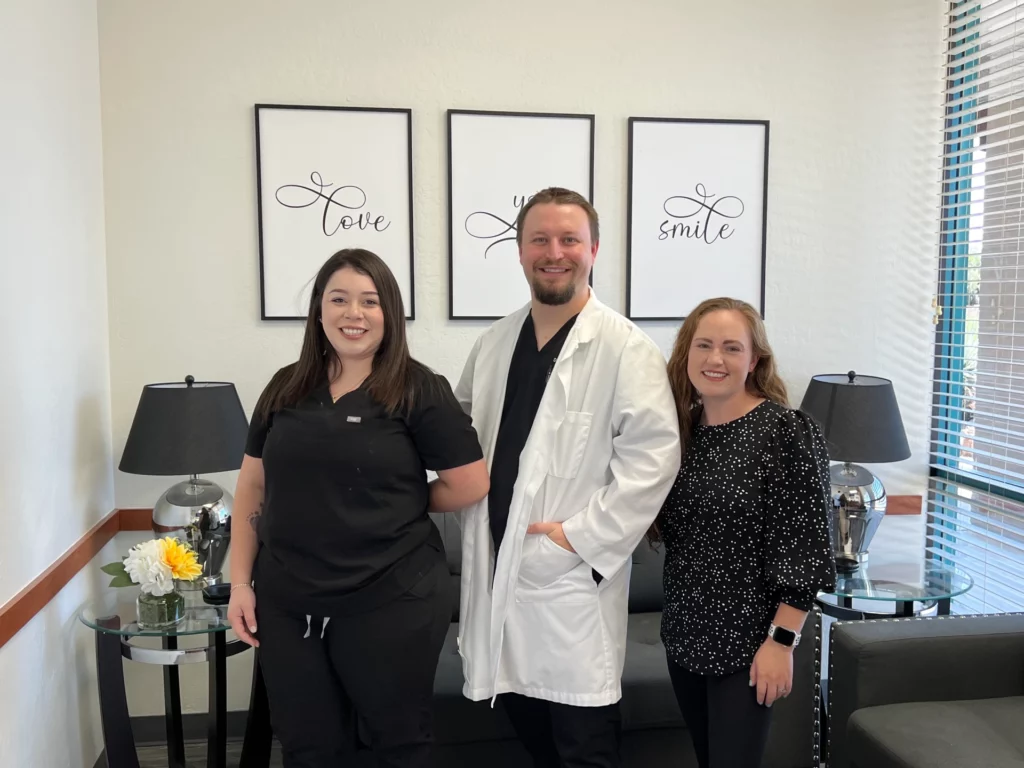
Our implant success rates are so predictable that we offer an unprecedented 5-year implant warranty (some conditions and limitations do apply).
Your implant will work, or we will remove it and replace it – absolutely free.
Many surgeons will offer this courtesy, but few will do so in writing. In addition, in those rare instances when an implant does fail, corrective surgery such as bone and/or soft tissue grafting is often needed. If we have to remove one of our implants, not only will we replace it absolutely free, but any corrective procedures required will also be performed at no cost.
Although uncommon, implants can develop problems. This includes loss of bone or gum because of uncontrolled gum disease, overload, or other reasons.
*Conditions and limitations
If an implant fails to integrate we will replace it at no cost, one time only. An annual implant examination including X-rays and regular dental cleanings (every 6 months minimum) in our office is an absolute requirement for this warranty to apply. This warranty does not apply to smokers (including vapers) or to persons who have, or who develop, an uncontrolled systemic health problem, such as, but not limited to, diabetes, autoimmune disorders, severe osteoporosis or any condition requiring long-term steroid use. This warranty does not apply if an implant has failed due to an accident (car accident, etc.). If smoking or a medical condition is suspected as the cause of implant failure or other complication that requires treatment, a medical examination and appropriate blood tests will be required for this warranty to apply.